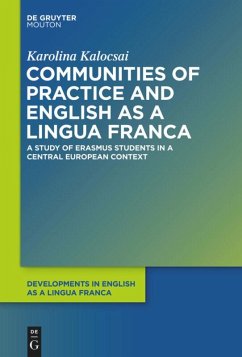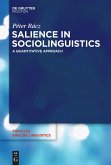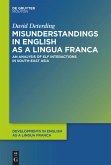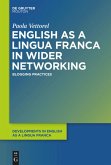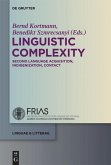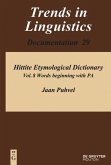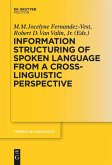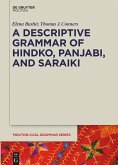This is a timely book on one of the most widely debated issues in applied linguistics: what is the social and cultural significance of English as a lingua franca for the internationally mobile students of the 21st century in Central Europe? Through an in-depth analysis of social practices, the book develops an exciting, innovative multilingual approach to out-of-class language use and language learning that engages students in the co-construction of identities. Apart from scholars, the book will appeal to policy makers and educators who are concerned with the internationalization of universities in Central Europe.
"This volume certainly represents a welcome addition to research into ELF practices, first of all for its methodological approach that combines the CofP perspective with CA in analyzing ELF, shedding light on both linguistic and non-linguistic practices of a specific ELF group. The study effectively shows how a community is created through social and linguistic shared resources, relying on English as a common communication code, but including other languages, too, as shared resources in transactional as well as affective, social and witty humorous dialogic interactions."
Paola Vettorel, Iperstoria - Testi Letterature Linguaggi 6. 363-368
Paola Vettorel, Iperstoria - Testi Letterature Linguaggi 6. 363-368

